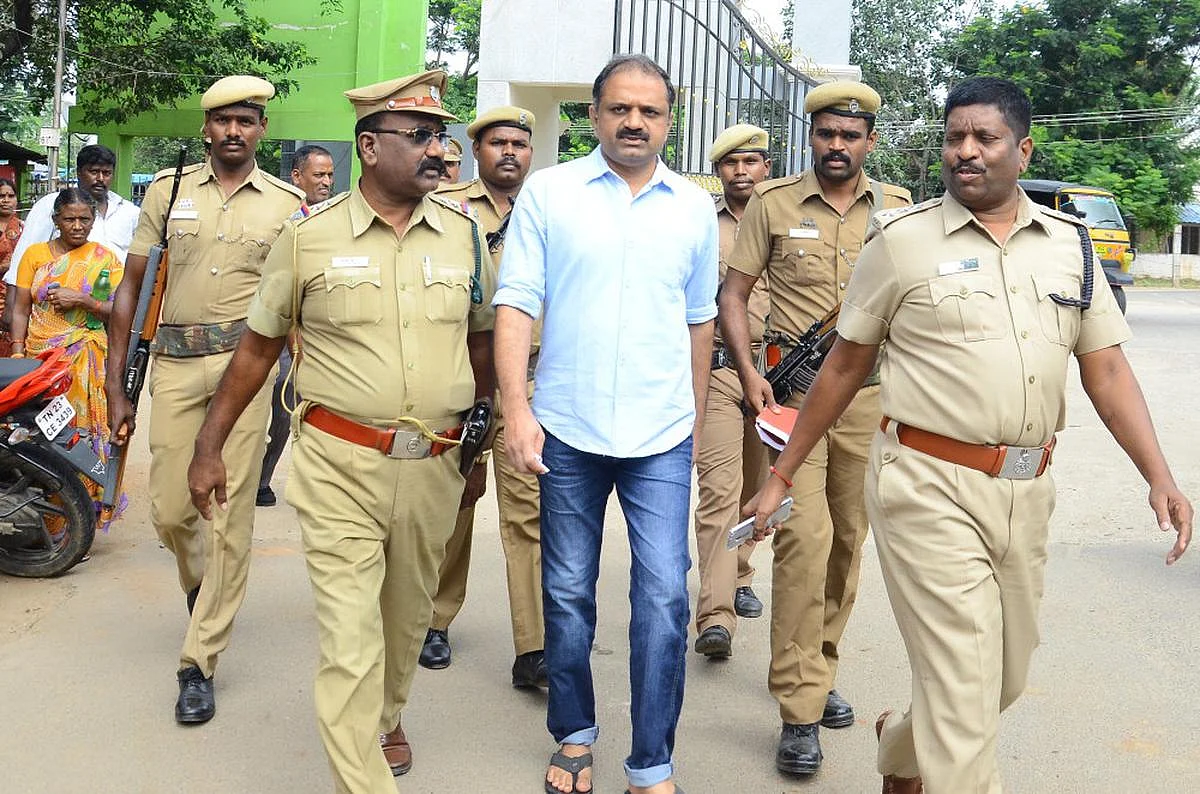The release of AG Perarivalan from jail had become a fait accompli when the governor concerned and the President of India did not make a timely decision on his mercy petition. There can be no denying that he was convicted in the Rajiv Gandhi assassination case by a TADA court and the conviction was upheld by the apex court. Nothing barred the state from executing him. The state refrained from doing so because of the fear of its political implications. He and two others remained on death row and in solitary confinement for 11 long years. His life oscillated between death and life, every second of that period. It is the indecision of the executive that forced the Supreme Court to commute his death penalty to life imprisonment. By then, he had completed more than 30 years in jail, where he landed when he was just 19. He enjoyed the benefit of the doubt when he claimed that though he purchased two batteries for the LTTE cadre who masterminded the assassination, he did not know that they were to trigger the blast that killed the former PM and others, including a senior police officer and eight policemen.
It was against this backdrop that Perarivalan was given bail by the apex court. While the law grants the governor and the President power to grant mercy to such convicts, there is no time limit for such decisions. It is the absence of a time limit that allowed the Tamil Nadu governor to sit on the petition and eventually send it to the President for his decision. The Centre did not want to take a favourable decision for it would have shown its anti-terrorism stance in a bad light. All this forced the apex court to take a decision more on compassionate grounds than on the soundness of the law.






